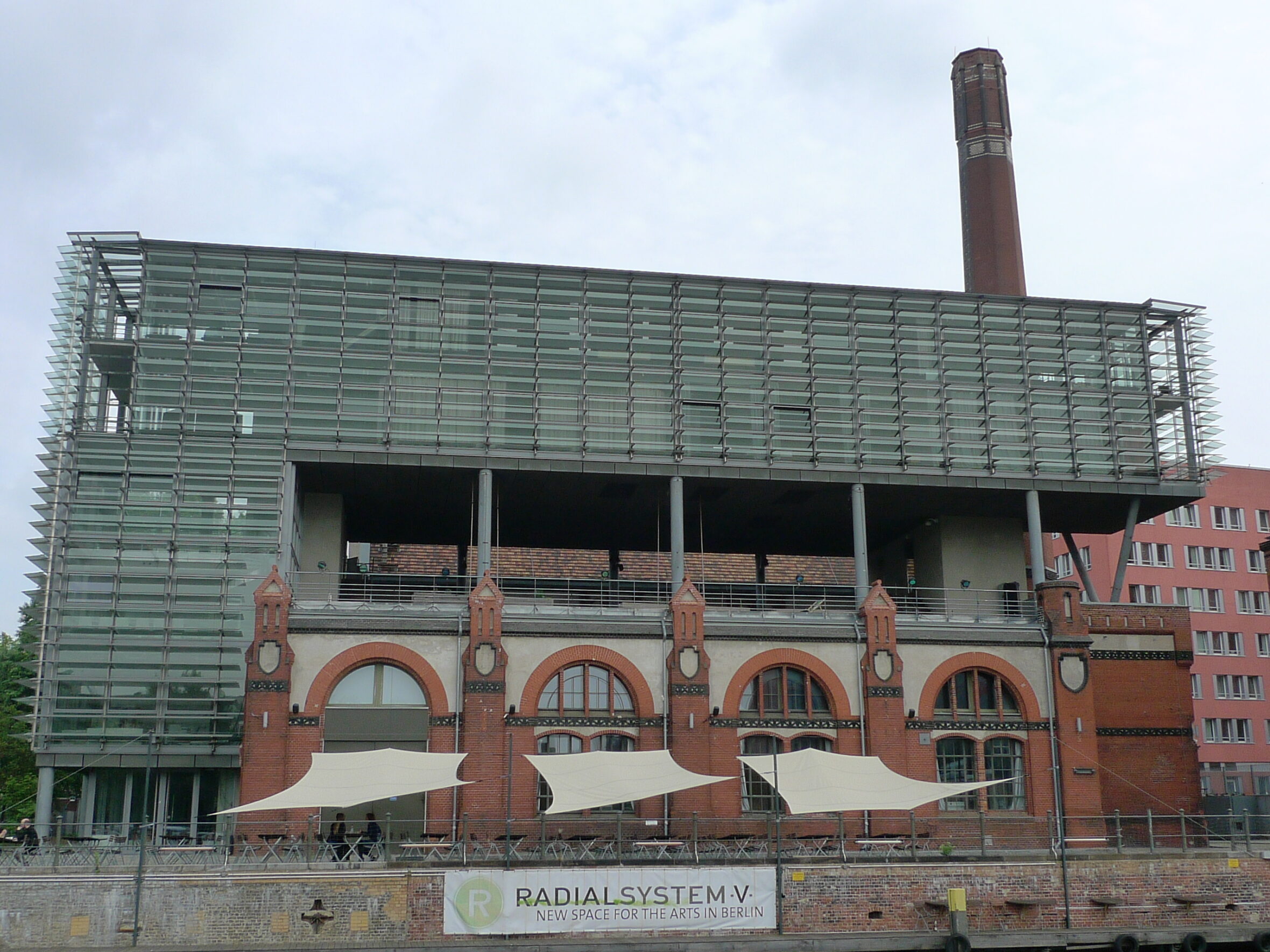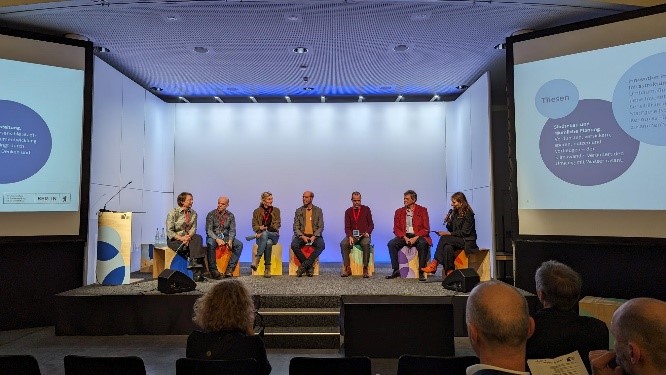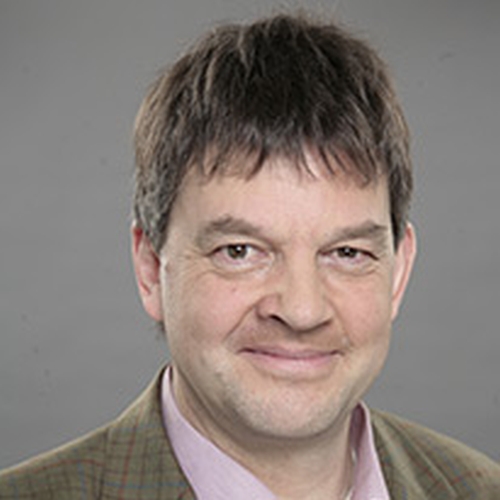THESys Project
About the Project
Rationale
In increasingly urgent debates about climate, environmental and societal crises, talk of the future is drowning out consideration of the past. The value of history as a compass for societal orientation is being all-too-readily overlooked. The proposed research project uses the case of infrastructure to demonstrate how history can be used as an experiential resource to help navigate the multiple crises we are facing today. It contends that the valid call to future-proof infrastructure systems needs to draw on a sound, critical and inclusive understanding of the past if it is to be effective: a process characterized here as ‘past-proofing’ infrastructure futures.
 Approach
Approach
The project combines three strands of scholarship – on usable pasts, on the history of technology and on urban infrastructures as historically mediated sociotechnical entanglements – to produce a conceptually grounded, methodologically innovative and empirically rich analysis of usable histories of urban technology, drawing on usable past initiatives worldwide for inspiration and grounding the applied research in one city: Berlin.
Objectives
The overarching purpose of this project is to generate knowledge on how the past can be mobilized, critically and productively, to help shape transformative pathways for urban infrastructure systems of energy and water, using Berlin as an empirical case study and site for knowledge dissemination.
The project pursues four core objectives:
- first, to develop a robust, nuanced and inclusive understanding of the concept and practice of usable pasts, based on a wide-ranging review of academic literature, projects and networks,
- second, to analyse and refine methods for elucidating and disseminating usable pasts,
- third, to co-generate usable infrastructure histories for Berlin in close partnership with infrastructure professionals, policymakers and knowledge intermediaries and
- fourth, to initiate and consolidate a global research network on usable pasts.
Funding
The project is funded by the German Research Foundation (DFG) from December 2023 to November 2025 (grant no. MO 1057/14-1).
Project Team
Timothy Moss, Principal Investigator, IRI THESys, Humboldt-Universität zu Berlin
Pauline Münch, Science Communicator, IRI THESys, Humboldt-Universität zu Berlin
Project Partners
The project team will interact continuously with practitioner partners to ensure the project’s feasibility in delivering truly usable pasts to providers, policymakers and users of urban infrastructure services. These partners have been selected by their nodal functions for urban and infrastructure expertise in Berlin. They are:
- City Museum of Berlin (Stadtmuseum Berlin),
- German Museum of Technology (Deutsches Technikmuseum Berlin – DTM),
- InfraLab Berlin, a multi-utility platform that represents the city’s leading energy, water, waste and transportation utilities,
- Centre of Competence for Water Berlin (Kompetenzzentrum Wasser Berlin – KWB).
Output
Bike tour of the Infrastructure Group
Exploring novel ways of interacting around infrastructure, the Infrastructure Group at IRI THESys initiated and co-funded a bike tour to landfill sites in Brandenburg that were used to dispose of solid waste from West Berlin since the 1970s. Held on 22 September 2024 and organized by Pauline Münch, Tim Moss and Heike Weber, the tour was designed and presented by Jonas Stuck, an environmental historian who recently completed his PhD on East-West trade in waste during the Cold War. The fascinating tour, enriched with historical images from archival sources (including Stasi files), took us to the building waste landfill at Deetz and the hazardous waste site at Vorketzin. Key insights emerged from our exchanges with Jonas. West Berlin’s waste was hidden from view in many ways: protected from intruders with security fences, covered with soil to minimise pollution and concealed from scrutiny in the absence of environmental data. Waste trade across the Berlin Wall became a model for trade between West and East Germany. Intriguingly, valuable waste from West Berlin induced informal – and illegal – salvaging by East Germans at these sites on such a scale that it was gradually condoned and regulated. The experiences gained from the tour will help us consider how cycling can generate collective modes of thinking and experiencing infrastructures afresh.
Stadtforum Berlin Wasser
Stadtforum Berlin – a long-standing multi-stakeholder platform for discussing urban development issues organized by the Berlin Senate Department for Urban Development – is dedicating its current series to the topic of infrastructure. The opening event on 27 November was about the city’s water infrastructures and their transformation to support Berlin’s ambition to become a “sponge city”, retaining and reusing water locally. One of the ‘dialogue stations’ was on the value of history in unpacking the relationship between urban development and water infrastructures. THESys member Tim Moss provided an illustrated input to this debate, reflecting on different kinds of ‘usable pasts’ of Berlin’s water infrastructures, and joined the final plenary discussion. Future Stadtforum events will likely address infrastructures of energy, health and social care.
On YouTube: Stadtforum Berlin. Wasser. In aller Kürze.




